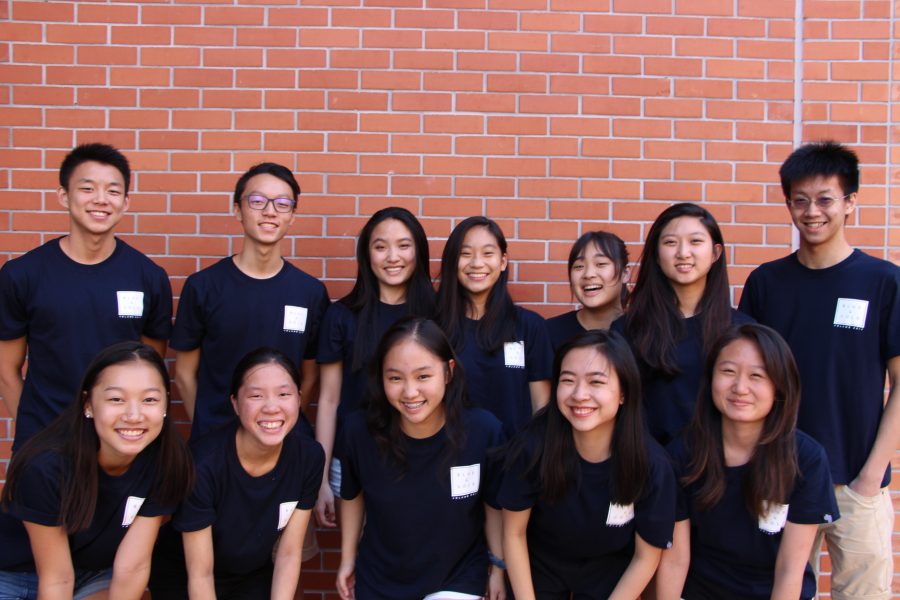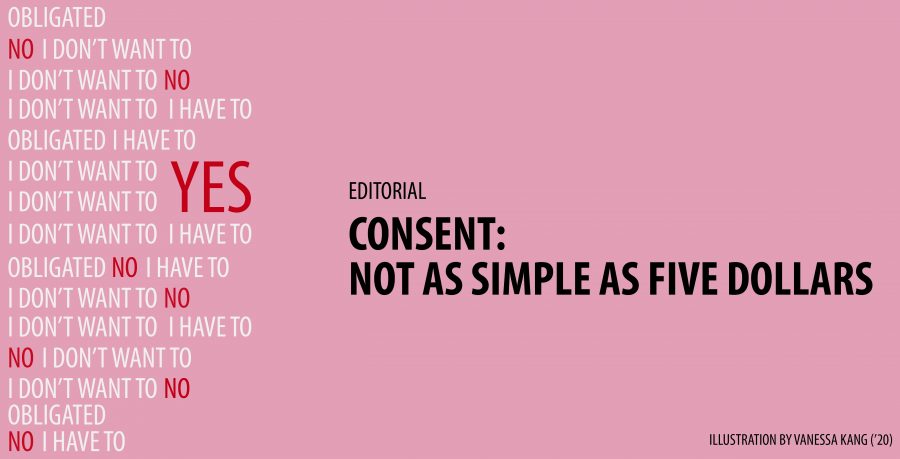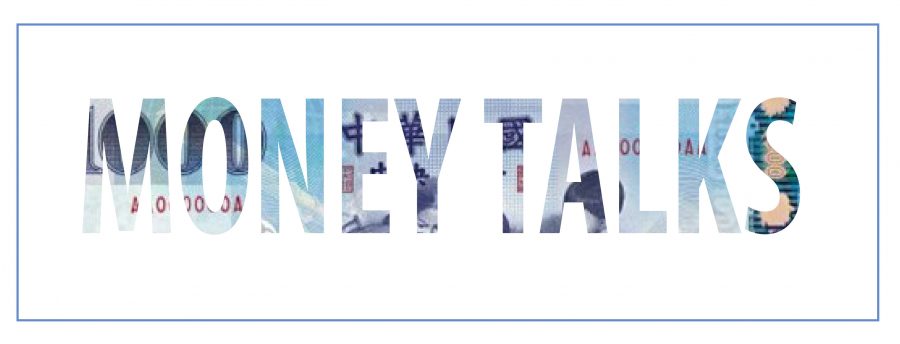In honor of Scholastic Journalism Week, we discuss student journalists’ unique responsibilities to balance their obligations to portray the truth with their obligations to respect their community.

Throughout this school year, several readers have noticed and approached staff members about the Blue & Gold’s tendency to cover the positive aspects of people and events. These students took a critical stance on our supposed bias. They were surprised to learn that every quote in the newspaper must receive confirmation from the speaker before it is published and that everyone has the right to rescind comments or suggest changes to their portrayal.
While we agree that the Blue & Gold’s articles have an emphasis on positivity, we do not think this tendency is negligent, nor is it a result of gratuitous self-censorship. Rather, depicting people positively goes to the heart of our philosophy regarding the purpose of student journalism at Taipei American School.
We understand why this practice might come across as a distortion of the truth and as a failure to perform our function as journalists. The truth is that every person and every event possesses flaws, and the traditional purpose of a newspaper is to inform its readers about the truth.
It is important to keep in mind, though, that the Blue & Gold is not a traditional newspaper. It is a student newspaper. While many journalistic organizations have—rightfully—evolved to take on a watchdog role, our responsibility toward the school community supersedes that. Instead, if we have any fundamental guiding principle we follow for our pieces, it is that we should aim to encourage everyone in the school community to value each other, whether student or staff member, artist or athlete.
A major factor that distinguishes student journalism from professional journalism is that our writers, readers, and article subjects all belong to the same social world. Anything that we publish about an individual is something that their friends and teachers will potentially find out about, which is to say that anything we publish can do harm; we have the responsibility to be careful not to hurt the people we quote.
This awareness of our work’s impact does not mean that we must treat every viewpoint as valid: We choose to publish opinions that we believe will generate thoughtful, necessary discussions. This does not mean, either, that we will endorse bigoted and discriminatory opinions from potential interviewees or contributors. It does mean, however, that we go to great lengths to avoid singling out a specific person or group of people for the sake of criticism, and it does mean that we sometimes intentionally omit quotes that we feel may jeopardize the speaker’s well-being if printed. It shapes our intent during the editing process and informs our ultimate goal of limiting some personal biases in favor of less judgmental coverage.
Yes, we believe that we are obligated to represent the facts accurately. But facts rarely, if ever, stand alone, uncolored by the writer’s perspective. When we write, we inevitably—and very consciously—interpret the facts and use them to create a narrative, implicit or explicit. We choose to see our subjects through a empathetic lens, the same lens that we hope our readers will adopt.



![[PHOEBE CHEN/THE BLUE & GOLD]](https://blueandgoldonline.org/wp-content/uploads/2019/12/senioritis-900x600.jpg)
![[CHARLOTTE LEE/THE BLUE & GOLD]](https://blueandgoldonline.org/wp-content/uploads/2019/10/hongkong2-900x597.jpg)


![A myriad of impressive trophies and awards. [ANNABELLE HSU/THE BLUE & GOLD]](https://blueandgoldonline.org/wp-content/uploads/2025/09/Awards2-1200x512.jpeg)
![Students' calendars say goodbye to exam week. [ANNABELLE HSU/THE BLUE & GOLD]](https://blueandgoldonline.org/wp-content/uploads/2025/09/Exam-week-1200x740.jpg)
![A collection of college flags. [PHOTO COURTESY OF AMBER HU ('27)]](https://blueandgoldonline.org/wp-content/uploads/2025/05/IMG_5029-1200x577.jpeg)

![An SAT word cloud. [PHOTO COURTESY OF WORDCLOUDS]](https://blueandgoldonline.org/wp-content/uploads/2025/05/SAT.jpeg)
![Collage of banned books, including “The Handmaid’s Tale” by Margaret Atwood. [MINSUN KIM/ THE BLUE & GOLD]](https://blueandgoldonline.org/wp-content/uploads/2025/04/IMG_4274-1200x681.jpeg)